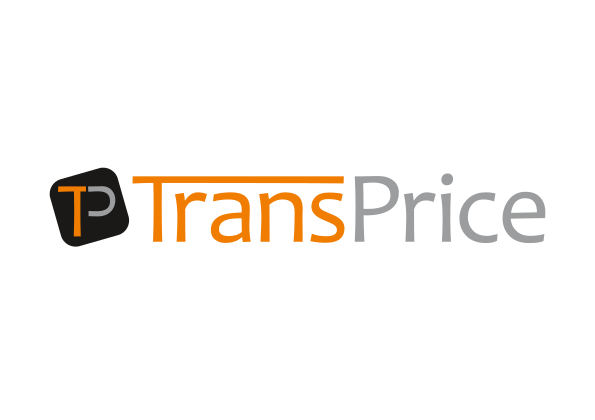Introduction
Efficient tax administration is crucial for effective implementation of transfer pricing regulations. This blog post delves into the tax administration aspects of transfer pricing in Malaysia, covering areas such as filing returns, transfer pricing information requirements, assessment procedures, practical issues, and ongoing developments in line with the OECD/G20 Base Erosion and Profit Shifting (BEPS) project.
Filing Returns
Companies in Malaysia must submit an estimate of their tax payable for the year of assessment, at least 30 days before the start of the basis period. This estimate should be at least 85% of the previous year’s estimate. Companies are required to pay the estimated tax in equal monthly installments starting from the second month of the basis period, with payments due by the 10th day of each month. The final tax return, including a computation of chargeable income and tax payable, must be submitted within seven months from the end of the financial year. Upon submission, the return and computation will be deemed as an assessment made and served.
Transfer Pricing Information Return
The Inland Revenue Board of Malaysia (IRBM) requires selected multinational enterprise (MNE) taxpayers to complete Form MNE (Pin 1/2017), which captures information on cross-border transactions. Taxpayers must disclose relevant details on this form for the given year. Furthermore, starting from 2014, Form C (Corporate Tax Return Form) includes a section that requires taxpayers to declare whether they have maintained a transfer pricing report for the assessment year.
Assessment
Malaysia operates under a self-assessment system, placing the responsibility on taxpayers to disclose their income and ensure the accurate payment of taxes. Taxpayers commit to maintaining accurate transfer prices as part of their self-assessment obligations.
Practical Issues and Statutory Guidance on Transfer Pricing Regime
Following the introduction of Transfer Pricing Guidelines, the IRBM established a specialist group dedicated to handling transfer pricing matters. This group focuses on companies engaged in activities such as licensing or transfer of intangibles, provision of centralized services, and transactions involving management or technical assistance fees.
Form MNE (1/2011) was introduced in 2011 to collect transfer pricing information from selected corporate taxpayers. The form requests details on the global organizational structure of the group and confirmation of the preparation of contemporaneous transfer pricing documentation. It is sent separately from the annual tax return and is typically sent to taxpayers engaged in significant cross-border related party transactions.
Form MNE (1/2011) comprises four sections. The first section gathers general information about the group’s organizational structure. The second section captures transaction details with foreign related parties, encompassing tangible and intangible property, services, interest, and guarantee fees. The third section requires information on financing arrangements with foreign related parties, including interest-bearing and interest-free loans. The fourth section focuses on confirming the preparation of contemporaneous transfer pricing documentation and requires the taxpayer to characterize the company based on its functions. Accurate characterization is crucial to avoid potential issues with tax administration.
In July 2017, the IRBM and the Royal Malaysian Customs Department (RMCD) signed a Memorandum of Understanding (MoU) to enhance information sharing and operational effectiveness between the two agencies.
Ongoing Developments under OECD/G20 BEPS
In January 2017, Malaysia joined the inclusive framework for the implementation of the BEPS project. The country is particularly focused on implementing the four minimum standards on harmful tax practices, tax treaty abuse, country-by-country reporting, and dispute resolution mechanisms.
Rules regarding annual country-by-country (CbC) reporting were introduced in Malaysia from 1 January 2017. Companies required to submit a CbC report may also be required to file a master file upon request.
To align with BEPS Action 5, Malaysia is revising its intellectual property (IP) incentives, ensuring compliance with the nexus approach and transparency requirements. Additionally, revisions are being made to other incentive provisions, including pioneer status, financial sector, and biotechnology sector incentives, to conform to BEPS requirements on transparency, ring-fencing, and substantial activities testing.
Conclusion
Efficient tax administration plays a vital role in the effective implementation of transfer pricing regulations in Malaysia. Businesses must adhere to filing deadlines, provide accurate transfer pricing information, and meet their self-assessment obligations. Ongoing developments, such as enhanced information sharing between tax authorities and alignment with BEPS standards, further contribute to a robust transfer pricing regime. By navigating the tax administration requirements, businesses can ensure compliance, minimize risks, and optimize their tax positions within the Malaysian transfer pricing framework.
